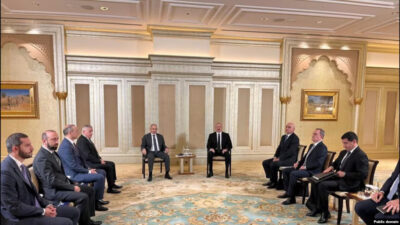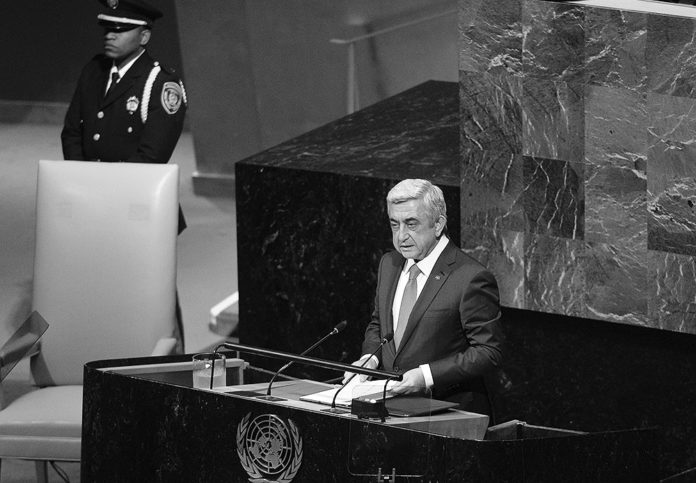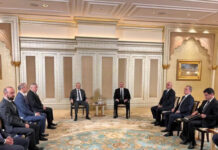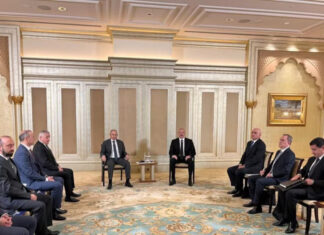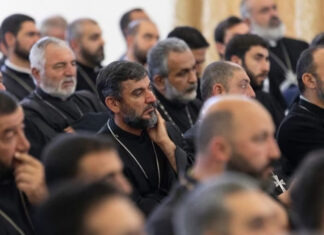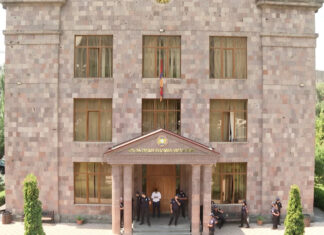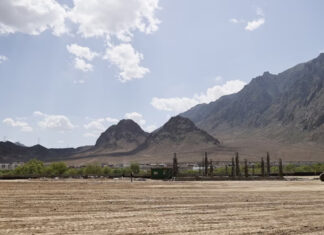NEW YORK — On September 19, President Serzh Sargsyan partook in the 72nd session of the UN General Assembly in United Nations headquarters and delivered a lecture in which he stressed Armenia’s commitment to the right to self determination of the people of Artsakh (Karabakh), condemning repeated Azeri aggression against Armenia as well as the latter’s decision to do away formally with the Protocols which had been drafted in 2009.
He told the assembled delegates that Turkey erected one obstacle after another in the way of the Protocols, showing bad faith.
Sargsyan thanked the member countries that had supported the recognition of the Armenian Genocide and pledged his country’s continuous efforts to peacefully resolve the standoff in Artsakh.
His statement in full appears below.
Ladies and gentlemen,
I congratulate and wish success to Mr. Miroslav Lajcák upon his election as the President of the 72nd Session of the General Assembly.
